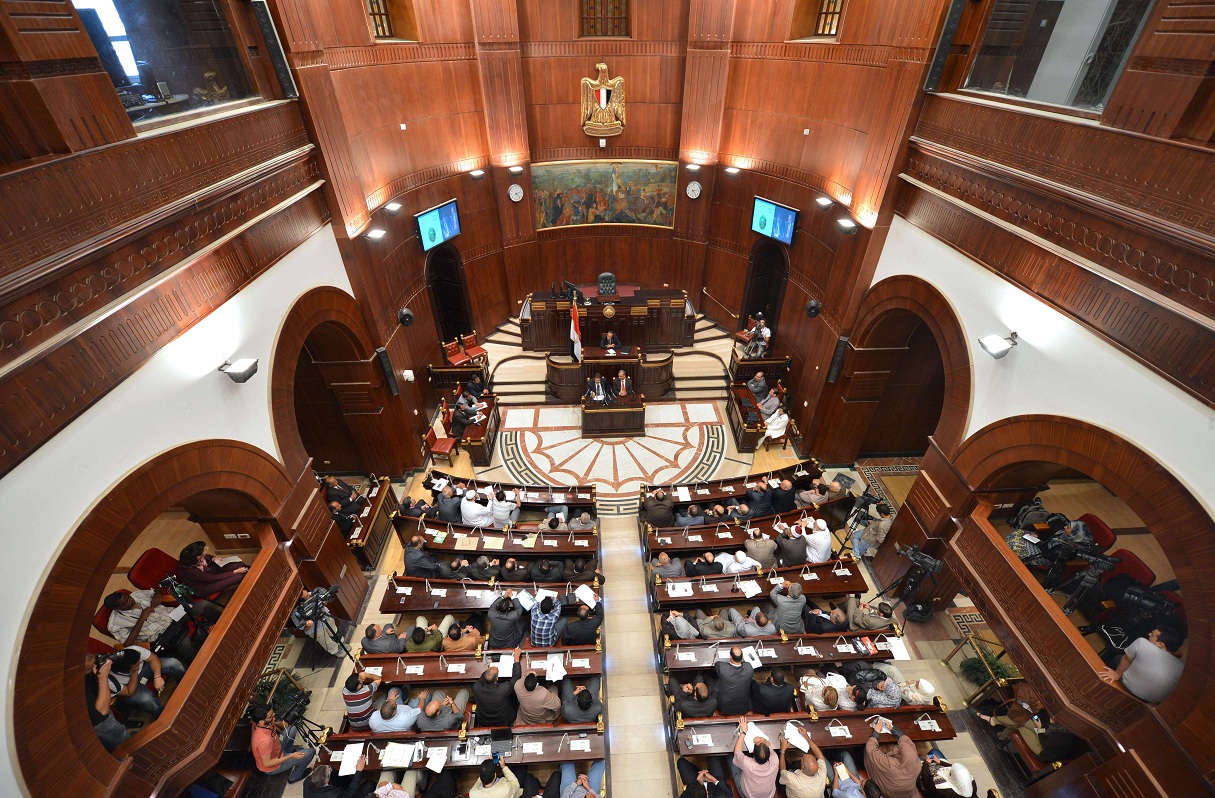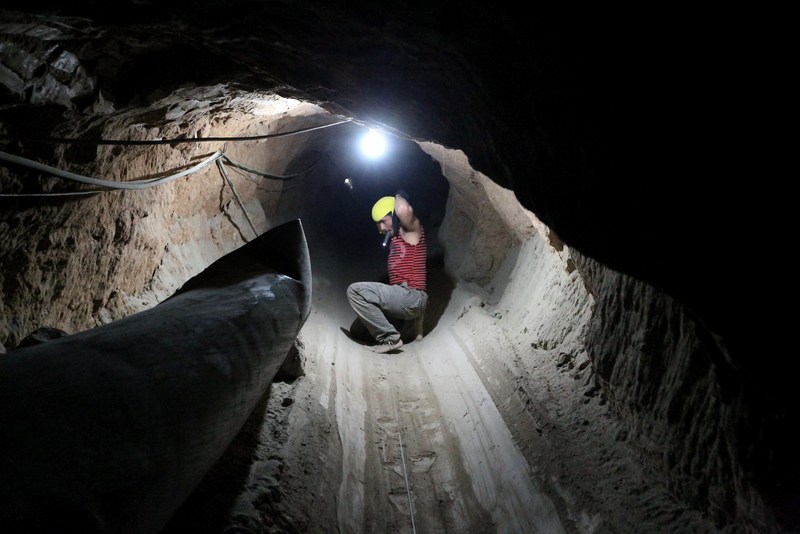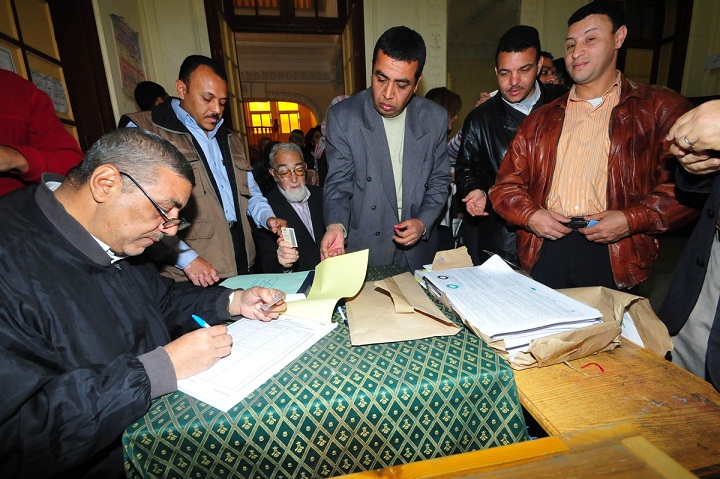The Committee to Protect Journalists (CPJ) has called on Prosecutor General Hesham Barakat to open an investigation “to identify and bring to justice those responsible for the killing of journalists in Egypt.”
In a letter CPJ wrote to Barakat on Tuesday, the non-profit organisation said that at least nine journalists have been killed in Egypt in 2011, including six who in 2013 alone.
“No one has been held responsible in any of the cases,” the letter read.
CPJ ranks Egypt as the second deadliest country in 2013, preceded only by Syria.
On 2 September, Reporters Without Borders said five journalists had been killed and at least 80 arbitrarily detained in the two months following the ouster of former president Mohamed Morsi on 3 July.
The CPJ had launched a campaign “calling for fair and serious investigations into the killings of journalists”. It was supported by 1,000 people but “nothing has been done to counter the level of impunity”. CPJ is once again calling for investigations two days ahead of the one year anniversary of the death of Journalist Al-Hosseini Abu Deif after he had been in a week-long coma as a result of sustaining a shotgun shell to the skull while covering clashes outside the presidential palace in December 2012.
“The only way to break the cycle of impunity is to bring to justice the killers of journalists, something Egypt has failed to do,” the letter said.
In addition to the risk on their lives, journalists in Egypt are also often risking their own freedom.
At least three journalists have been tried and sentenced by military tribunals in 2013. Sinai based photo-journalist Mohamed Sabry was handed a six month suspended prison sentence on 3 November less than a month after another Sinai-based journalist, Ahmed Abu Deraa, was given a suspended sentence of six months in prison and fined EGP 200 by a military court in Ismailia.
On 30 October, another journalist Hatem Abul Nour was sentenced by a military court to one year in prison.
On 23 September, CPJ wrote a letter to head of the 50-member Constituent Assembly Amr Moussa with a set of recommendations that would ensure that the final draft of the constitution deems current threats to press freedom unconstitutional.
Yet, the final draft of the amended constitution, which was handed to Interim President Adly Mansour, bans in Article 71 the imprisonment of journalists for crimes related to publishing. However, it leaves the punishment for crimes related to discrimination, defamation or inciting violence up to the laws.
Legal Adviser for the Press Syndicate Sayed Abu Zeid had criticised the article last week by saying that it opens the door for jailing journalists.
Local NGOs have repeatedly expressed concerns on the environment that journalists in Egypt have to work in, including the Egyptian Initiative for Personal Rights, the Arab Network for Human Rights Information and the Egyptian Organisation for Human Rights.
While covering the trial of former President Mohamed Morsi on Monday, many media crews reported facing attacks by protesters.



